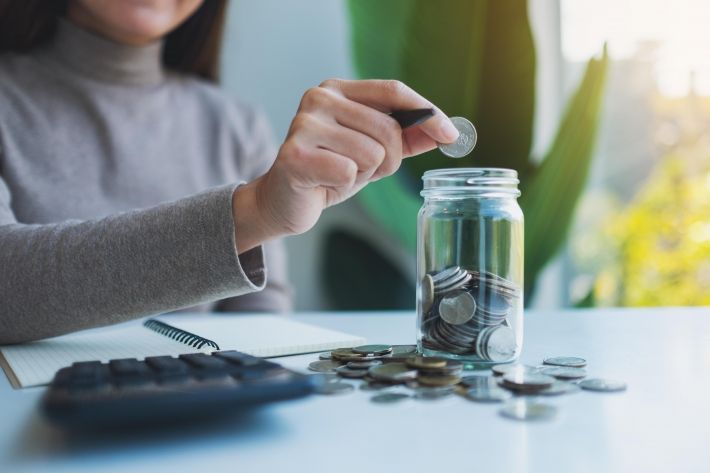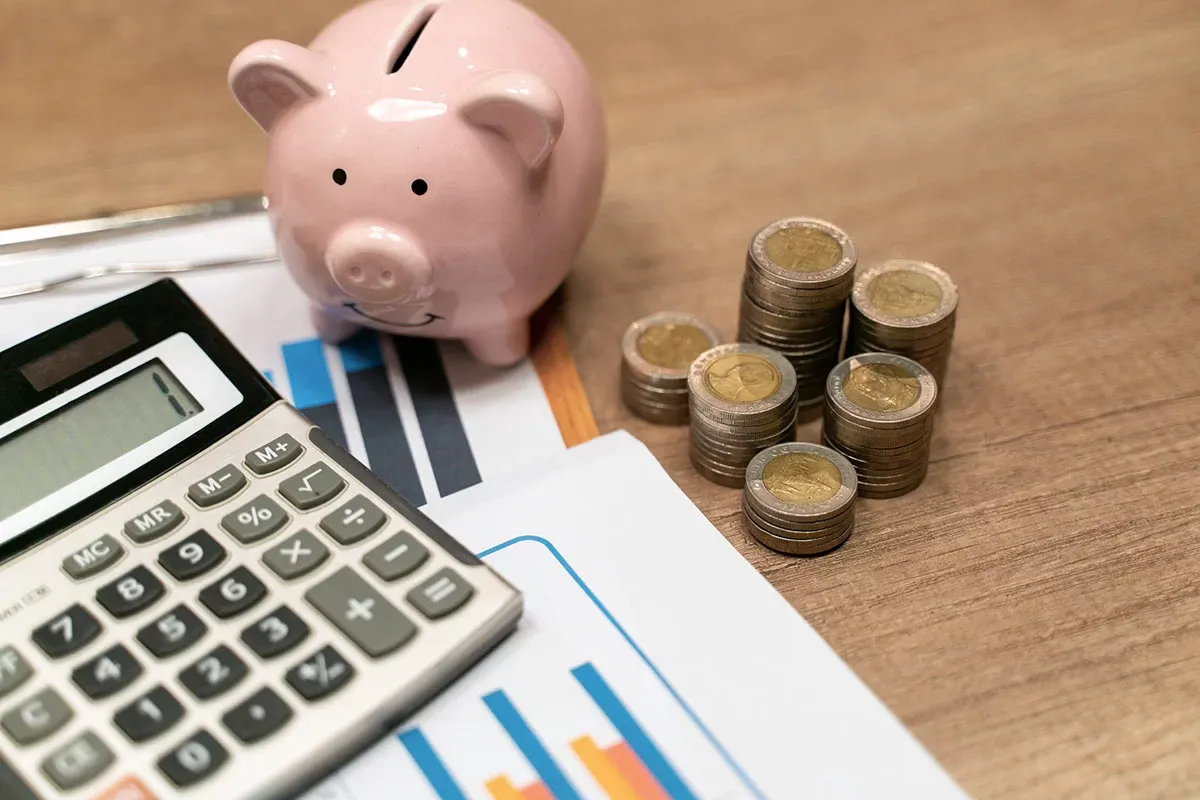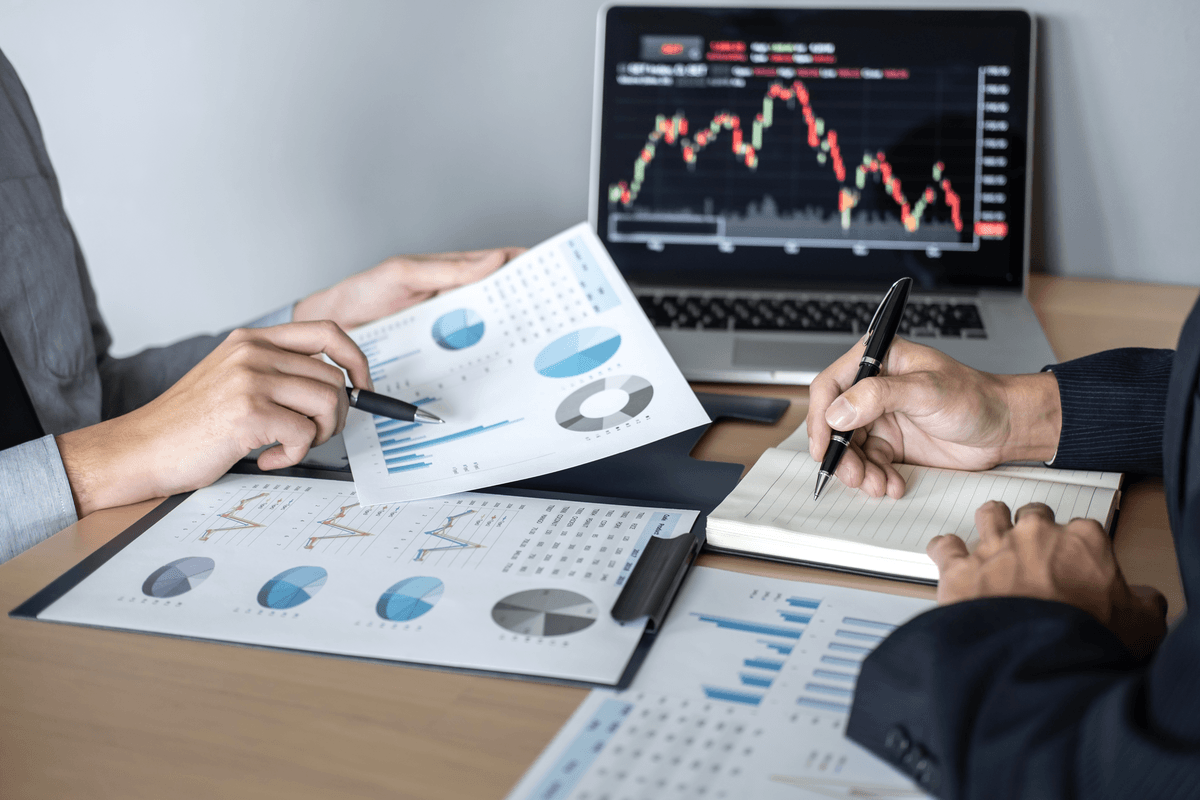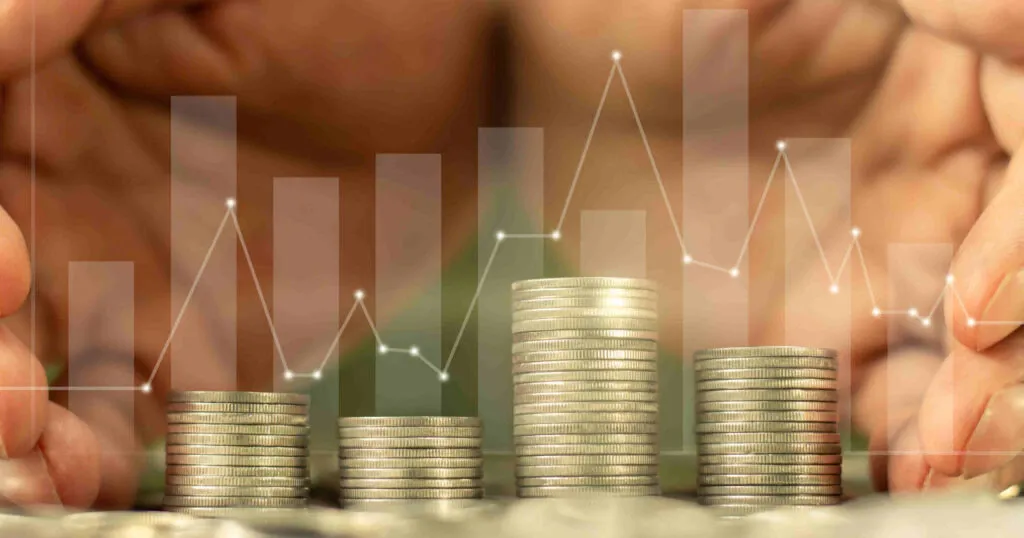
Having an emergency fund is essential to face unexpected situations that may arise in our lives. An accident, an illness, the loss of a job or any other unforeseen event can jeopardize our financial stability. If we have an emergency fund, we will be able to face these situations without having to resort to loans or get into debt.
In addition, having an emergency fund gives us peace of mind and security. Knowing that we have a financial cushion allows us to make decisions with more confidence and reduce stress in the face of unforeseen situations.
How much money you need for your emergency fund
The amount of money you need for your emergency fund will depend on several factors, such as your monthly expenses, your income and the stability of your job.
To figure out how much money you need, start by making a detailed list of your monthly expenses. Include everything from rent or mortgage to utilities, groceries and discretionary expenses. Then, multiply that amount by the number of months you'd like to have covered in case of an emergency.
How to start building your emergency fund
Building a solid emergency fund may seem intimidating, but it's actually easier than you think. Here are some steps to get you started:
- Set a goal: Decide how much money you want to have in your emergency fund. The general rule of thumb is to have three to six months of expenses;
- Create a budget: Knowing how much money is coming in and going out of your accounts will help you determine how much you can save each month;
- Save automatically: Set up an automatic transfer from your checking account to your savings account each month to make sure you are saving regularly;
- Reduce unnecessary expenses: Review your monthly expenses and eliminate those that are not essential so you can save more money;
- Keep your fund separate: Don't mix your emergency fund money with your other accounts. Keep it in a separate, easily accessible account in case of an emergency.
Remember, building an emergency fund takes time and discipline, but it's worth the peace of mind it will give you knowing you're prepared for the unexpected.
Where to keep your emergency fund money
Once you've established how much you need for your emergency fund, it's important to know where to keep that money. Here are a few options:
- High-yield savings accounts: These accounts offer a higher interest rate than traditional savings accounts, which means your money will grow faster. They also tend to have fewer restrictions and fees;
- Money market funds: these funds invest in short-term financial instruments and offer a higher interest rate than traditional savings accounts. However, they may have a variable interest rate;
- Certificates of deposit: CDs usually have a higher interest rate than traditional savings accounts, but require you to keep your money there for a specified period;
- Checking account: although it does not offer an interest rate, keeping part of your emergency fund in a checking account can be useful if you need quick access to cash.
It is important to remember that the main purpose of the emergency fund is to have quick and easy access to cash in case of an unexpected situation. Therefore, you should avoid long-term investments or those with early withdrawal penalties.
Don't touch the money, except in emergencies
Once you have built your emergency fund, it is important not to touch the money unless absolutely necessary. The purpose of this fund is to have a financial cushion for unexpected situations, such as a job loss or medical emergency.
Re-evaluate and adjust your financial goals on a regular basis
It is important to remember that your financial goals may change over time. Therefore, it is essential that you reevaluate and adjust them regularly to make sure you are on track to achieve them.
For example, if your initial goal was to save enough money to cover three months of expenses, but you now have a family and a mortgage, you may need to increase that amount. Or if your goal was to pay off all your debts in one year, but you've lost your job, you may need to adjust that time frame.
It's also important to take into account any changes in your personal financial situation. If you have received a pay raise or bonus, you may want to consider increasing your savings or investments. Likewise, if you have experienced a decrease in income or had unexpected expenses, you may need to temporarily reduce your financial goals.






